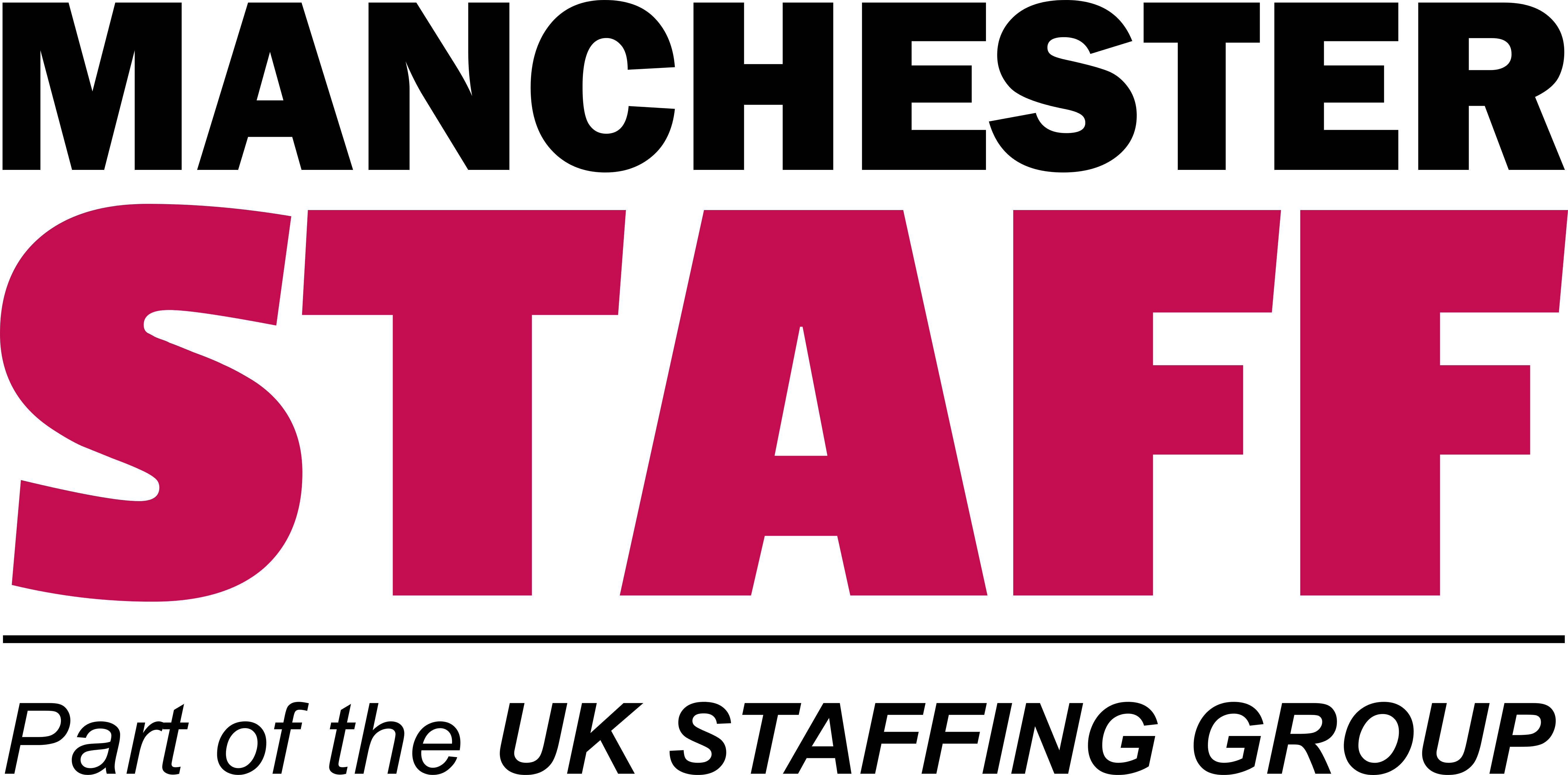
In recent years, the concept of a living wage has gained significant attention. It is an important topic that affects both businesses and employees. With the changing dynamics of the global economy and the increasing focus on income inequality, many cities have taken steps to implement a living wage policy. In this blog, we will explore what a living wage means in 2023, its implications for businesses and employees, and the role of organisations like the Living Wage Foundation in promoting fair wages.
Understanding the Living Wage
A living wage can be defined as the minimum income necessary for an individual or a family to meet their basic needs and maintain a decent standard of living. Unlike the minimum wage, which is typically set by legislation and often falls below the living wage, the living wage is a voluntary commitment by employers to pay their workers a wage that meets these standards.
The calculation of a living wage considers numerous factors, including the cost of housing, food, transportation, healthcare, childcare, and other essential expenses in a specific geographic area. It aims to ensure that workers can afford the necessities of life and participate fully in society.
The Role of the Living Wage Foundation
The Living Wage Foundation is an organisation that plays a significant role in advocating for and promoting the implementation of living wage policies. Established in the United Kingdom, the Living Wage Foundation certifies employers who voluntarily commit to paying their workers a living wage. These certified employers are recognised for their dedication to fair compensation and social responsibility.
The Living Wage Foundation provides guidance and support to businesses interested in implementing a living wage policy. It offers tools and resources to calculate the living wage for specific regions, helps businesses engage with stakeholders, and assists in communicating the benefits of fair wages to employees, customers, and the wider community.
Benefits for Employees
Implementing a living wage has several positives for employees. Firstly, it helps to alleviate poverty and reduce income inequality by ensuring that workers are paid a fair wage that covers their essential expenses. This leads to increased financial stability and improved quality of life for individuals and their families.
A living wage can also enhance employee morale, job satisfaction, and overall well-being. When workers are paid a wage that allows them to live comfortably, they are more likely to be motivated, productive, and dedicated to their work. It can also reduce stress and financial pressures, enabling employees to focus better on their job responsibilities and long-term career goals.
Benefits for Businesses
While the implementation of a living wage may pose initial challenges for businesses, it can also bring long-term benefits. Firstly, paying a living wage can attract and retain a more skilled and motivated workforce. When companies prioritise fair wages, they tend to attract top talent, leading to a more competitive and capable workforce. Additionally, employees who feel valued and compensated are more likely to stay with the company, reducing turnover costs and ensuring continuity in operations.
Moreover, businesses can experience improved productivity and efficiency when employees are paid a living wage. Fair compensation leads to increased job satisfaction and loyalty, resulting in higher levels of engagement and dedication to the organization’s goals. It can also foster a positive work environment and enhance the company’s reputation, making it an attractive choice for customers, partners, and investors.
Challenges and Considerations
While implementing a living wage is beneficial, it may present challenges for some businesses, particularly small enterprises or those operating in industries with tight profit margins. It may require adjustments in budgeting, pricing, and resource allocation. However, businesses can approach the transition to a living wage gradually, considering their financial capacities and exploring strategies such as improving operational efficiencies or adjusting pricing structures.
Collaboration between businesses, government, and other stakeholders is crucial in addressing these challenges. Governments can provide incentives and support to businesses adopting living wage policies, and organisations can share best practices and resources to help smaller businesses navigate the transition.
As we enter 2023, the importance of a living wage cannot be overstated. It is a key tool in addressing income inequality, poverty, and social disparities. By ensuring that workers are paid a wage that allows them to meet their basic needs, businesses and employees can both reap the benefits. While challenges may exist, the long-term advantages of a living wage, such as increased productivity, employee satisfaction, and business reputation, make it a worthy endeavor for organisations to embrace. Together, businesses, employees, and governments can work towards a more equitable and prosperous future.
We are thrilled to announce that UK Staffing Group has achieved accreditation from the Living Wage Foundation. This prestigious recognition signifies our commitment to ensuring fair and equitable wages for all our employees. By voluntarily adopting the Living Wage, we aim to provide a standard of living that supports not only the basic needs but also the dignity and well-being of our valued workforce. This accreditation reflects our belief in the principle that hard work should be rewarded with a wage that enables individuals and families to thrive. We are proud to join the growing community of employers who prioritise fair pay, and we look forward to continuing our efforts to create a more just and prosperous society for everyone involved.
If you want to learn more about the living wage foundation head to their website: www.livingwage.org.uk
Is your business looking to hire?
Give us a call
Manchesterstaff.com 0161 532 8252
Birminghamstaff.com 0121 392 7848
Londonstaff.com 0203 432 0227

